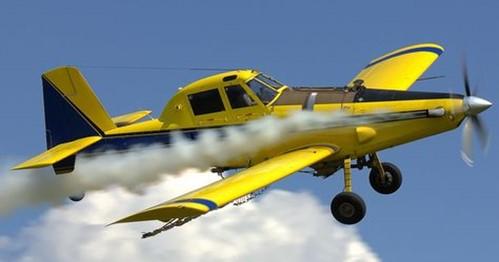Jetset Airmotive’s Guide to Preventing Common Turbine Engine Issues

Turbine engines are marvels of modern engineering, powering aircraft with unmatched efficiency and reliability. However, like any complex machinery, they are not immune to problems. By understanding common turbine engine issues and how to prevent them, you can ensure peak performance and avoid costly downtime. Here’s Jetset Airmotive’s comprehensive guide to keeping your turbine engine running smoothly.
Overheating: A Red Flag for Efficiency
Overheating is a common issue that can compromise engine efficiency and lifespan. It often occurs due to excessive power demands, inadequate cooling, or faulty fuel nozzles that distribute fuel unevenly.
How to Prevent It:
- Schedule regular inspections of the cooling system and fuel nozzles.
- Monitor Exhaust Gas Temperature (EGT) to detect early signs of overheating.
- Avoid prolonged operation at maximum power settings.
If overheating occurs, inspect the fuel flow system to ensure proper distribution and check for blockages in the air pathways. Addressing these issues promptly can prevent more severe damage.
Compressor Stalls: Keeping Airflow in Check
A compressor stall disrupts the airflow in the engine, causing a loss of thrust. This issue is typically caused by airflow disruptions or damage to compressor blades.
How to Prevent It:
- Ensure air intake areas are free from debris or obstructions.
- Conduct routine inspections of compressor blades to detect cracks or dents.
Should a compressor stall occur, it’s vital to inspect the blades for damage and replace any compromised components to restore normal airflow and thrust.
Oil System Contamination: Protecting Engine Health
The oil system is the lifeblood of a turbine engine, ensuring components are lubricated and operating efficiently. Contaminated oil can lead to severe wear and tear on the engine’s internal parts.
How to Prevent It:
- Follow manufacturer-recommended oil change intervals.
- Use high-quality oil and filters specifically approved for your engine model.
If contamination is detected, test oil samples and flush the system before replacing the oil to prevent long-term damage.
Hot Starts: Avoiding Excessive Heat Damage
A “hot start” occurs when excessive fuel is introduced during engine ignition, leading to dangerously high temperatures. This can cause thermal damage to internal components if not managed properly.
How to Prevent It:
- Follow proper startup procedures outlined by the manufacturer.
- Regular maintenance of ignition systems is conducted to ensure they are functioning correctly.
If a hot start is suspected, inspect turbine blades and combustion chambers for heat-related damage and address any issues immediately.
Preventative Maintenance is Key
Regular maintenance and proactive inspections are your best defense against common turbine engine problems. At Jetset Airmotive, we specialize in keeping your engines in peak condition, from routine inspections to comprehensive overhauls.
Don’t wait for issues to ground your operations—partner with Jetset Airmotive for expert guidance and top-notch turbine engine services. Contact us today to learn more about how we can help you keep soaring!
By staying ahead of these common problems, you’ll not only extend the life of your turbine engine but also ensure reliable performance for every flight.
Archives
- April 2025
- March 2025
- February 2025
- January 2025
- December 2024
- November 2024
- October 2024
- September 2024
- August 2024
- July 2024
- June 2024
- May 2024
- April 2024
- February 2024
- January 2024
- November 2023
- October 2023
- September 2023
- August 2023
- July 2023
- May 2023
- April 2023
- March 2023
- February 2023
- April 2022
- March 2022
- February 2022
- April 2020
- March 2020
- February 2020
- January 2020
- November 2019
- October 2019
- September 2019
- July 2019
- June 2019
- March 2019
- January 2019
- December 2018
- November 2018
- October 2018
- September 2018
- July 2018
- June 2018
- May 2018
- November 2014
- October 2014
- August 2014
- July 2014
- June 2014
- May 2014
- April 2014
- March 2014
- February 2014
- January 2014
- December 2013
- November 2013
- October 2013
- January 2013
- June 2010
- May 2010


